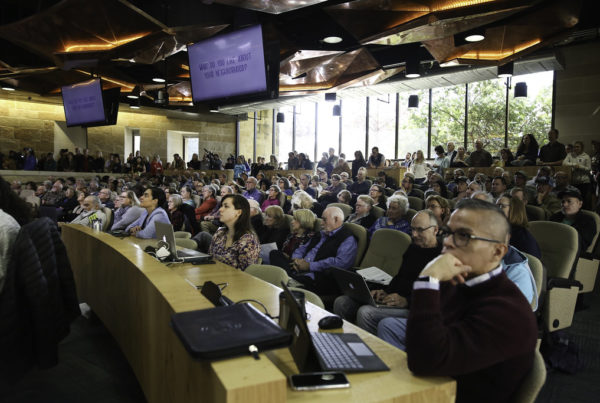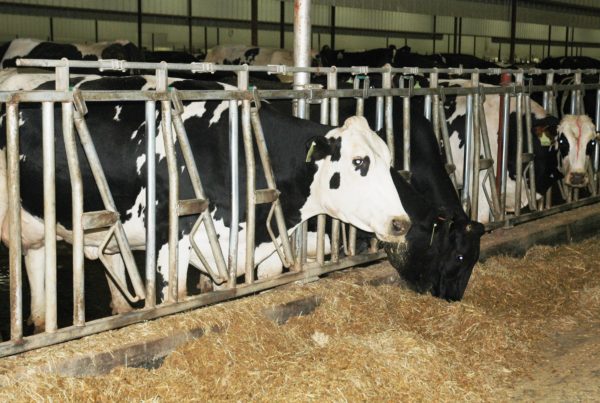Texas’ policies of limited business regulation have attracted large companies and skilled workers during the past few years, contributing to the state’s $1.7 trillion economy. But despite massive economic growth, critics say some Texans are being left behind.
Steven Pedigo is a University of Texas professor, studying Texas’ growth as the director of the Urban Lab at the LBJ School of Public Affairs. He says that low graduation rates and high levels of poverty are being obscured by the state’s overall success.
“If you dive a little bit deeper into the metrics about the types of jobs, the education attainment levels that Texans have, I think what we start to find is a bit of a gap here,” Pedigo says.
Texas needs to invest in its own people, places and enterprises to ensure continued economic growth, Pedigo says. One way to do that, he says, is reorganizing high school and vocational programs.
“What are the investments that we need to make in our state here as opposed to putting additional dollars and incentives to companies and people that are outside of the state,” Pedigo says.
One policy cannot solve the problems that face the widely diverse regions of Texas. In rural areas, Pedigo says, the state should focus on developing Texas-based companies. In urban centers, funding should be allocated to assist cities in increasing affordable housing and transportation options, Pedigo says.
“If we want to bring urban communities along, if we want to bring rural communities along, it is really about investing back into the places that are these engines,” Pedigo says. “Some of our engines, Dallas, Houston, San Antonio and Austin, are experiencing this growth so it’s trying to manage it or let it manage us.”
Written by Libby Cohen.













